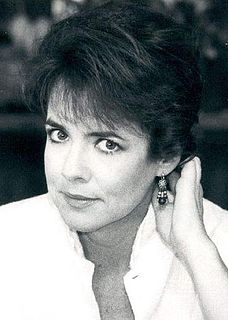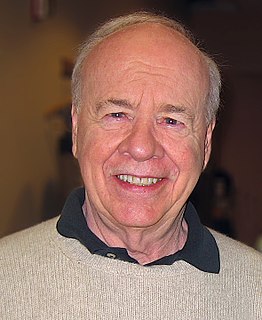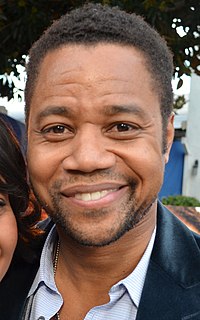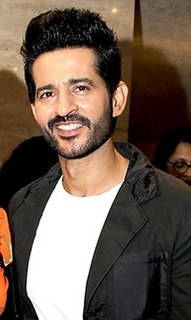A Quote by Clive Owen
I don't think you necessarily identify and believe in the motifs of the character, but you have to want to play it and want to commit to the lines.
Related Quotes
I don't think I want to play title roles. I don't want to be the face on the poster. I don't want that pressure of having the success riding on my shoulders. I just want to play the most interesting parts. I actually think it's incredibly rare to get an interesting female character that is the lead in a film. Usually the character parts are so much more interesting to play.
I think it's my job to like any character I play - to understand and appreciate a character, to look at the world as much as possible from their point of view. I don't look at it just technically: learn the lines, figure out what gestures I want to bring and play, and that's it. I like to learn as much as I can about the person, and see what happens.
This character matters so much to so many people. I want to get that right. I want to do it justice. I want people to believe in the character and have faith in the character and kids to grow up wanting to be Superman. Or, God forbid, there's people who are going through hardship and wishing that this character would turn up and save them.
The minute we have a pain, we want a diagnosis. So I think the minute we feel love, it's very hard to just let it be. We want to identify it, we want to catalog it, we want to keep the thing and create the environment it happened in. That's where marriage comes from! Let's make an institution out of it!



































